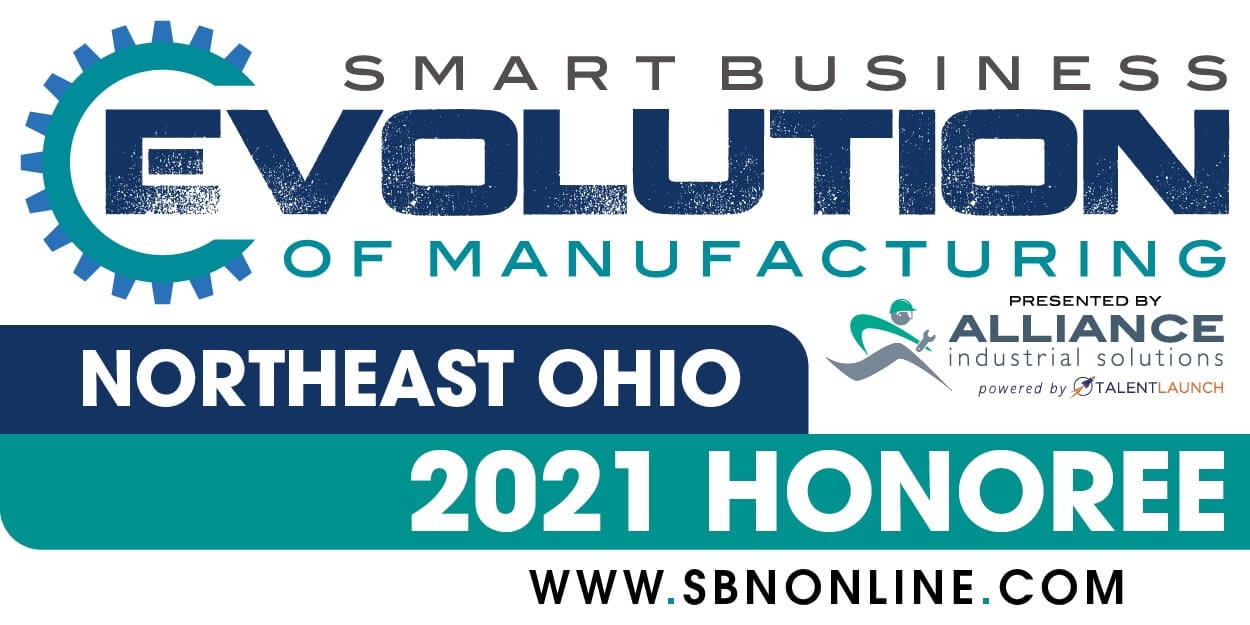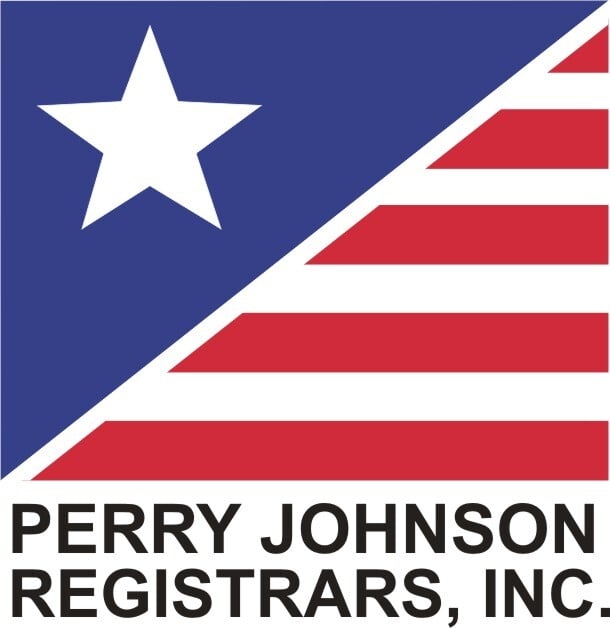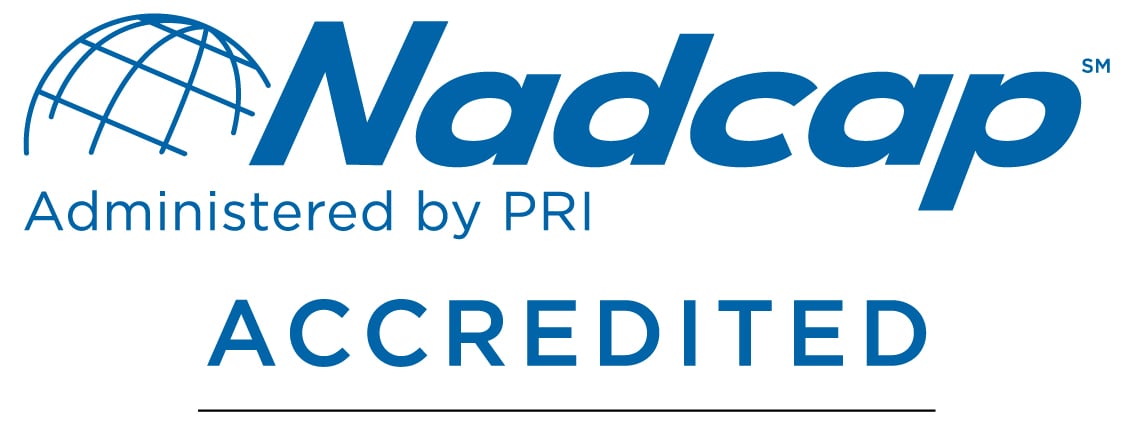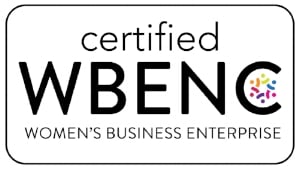Casting is a manufacturing process where a liquid metal material is poured into a mold, and then solidifies in the mold cavities. The solidified part is known as the casting. Although casting is a process that is over 6000 years old, one may not know when it is applicable because one can easily be inundated with other metal fabrication processes.

Below are some of the major benefits of metal castings that can help you determine if this is the best process for your product.
- Complex and large parts that would be otherwise difficult to machine can be casted
- Castings have more precise forming size than ordinary forgings and welding parts.
- Parts can be casted as single pieces rather than assembly of various parts if produced from other methods.
- Tooling can be tailored to meet quantity demands. Parts can be casted in quantities ranging from 1-100’s.
- Castings can be less expensive than other metal forming methods.
- Secondary operations such as machining, drilling & tapping holes, anodizing, and painting are available.
The metal casting process can be tailored to your needs.









.jpg)

.png)

.png)

